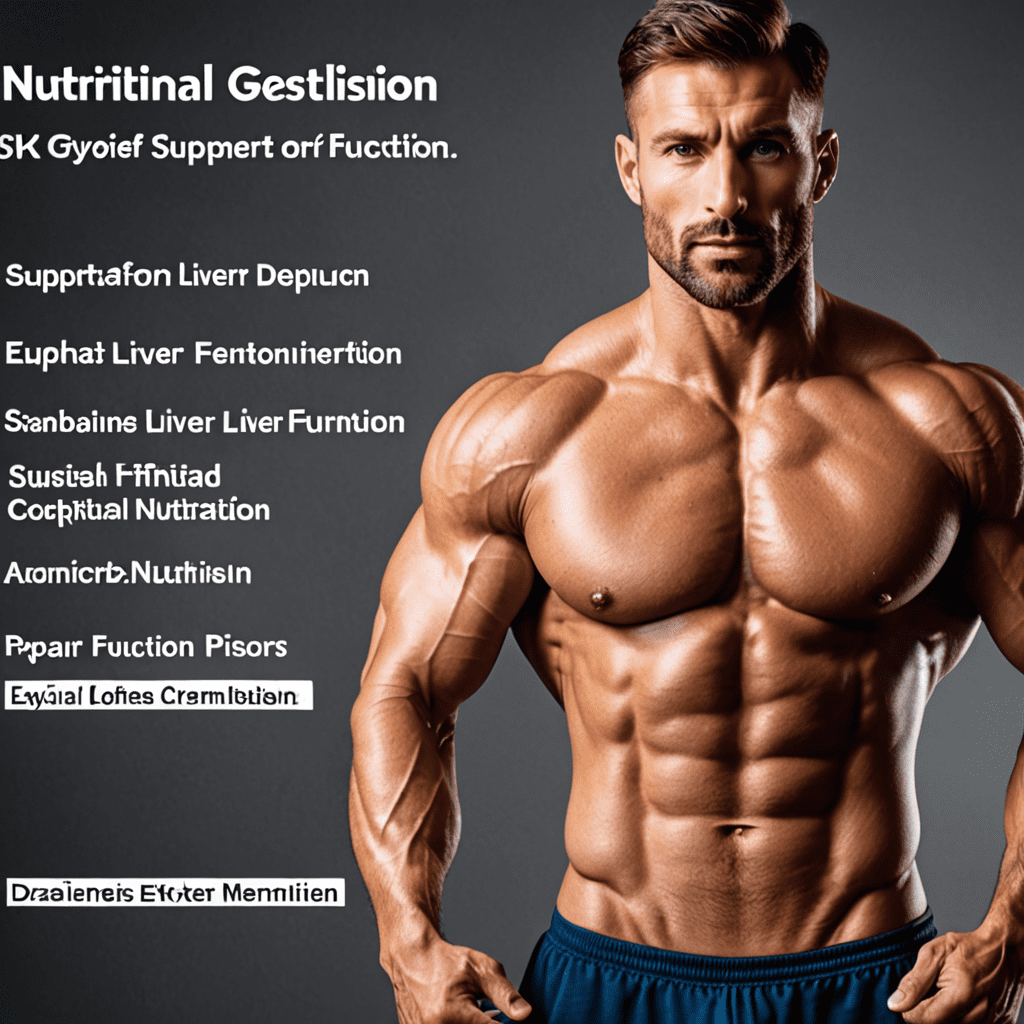
Understanding Healthy Weight Gain During Pregnancy:
Importance of Balanced Weight Gain for Mother and Baby
Gaining a healthy amount of weight during pregnancy is crucial for both the mother's and baby's well-being. It provides essential nutrients for the baby's growth and development, helps the mother build reserves for labor and breastfeeding, and prepares the body for the postpartum period. Insufficient weight gain can lead to complications such as premature birth, low birth weight, and developmental delays in the baby. Conversely, excessive weight gain can increase the risk of gestational diabetes, preeclampsia, and C-section delivery for the mother.
Factors Affecting Healthy Weight Gain During Pregnancy
Several factors influence healthy weight gain during pregnancy, including the mother's pre-pregnancy BMI, activity level, and overall health. Women with a normal pre-pregnancy BMI (18.5-24.9) are typically recommended to gain between 25-35 pounds during pregnancy. Women who are underweight (BMI < 18.5) should aim for a weight gain of 28-40 pounds, while those who are overweight (BMI 25-29.9) should gain 15-25 pounds. Obese women (BMI ≥ 30) should strive for a weight gain of 11-20 pounds. These are general guidelines, and individual needs may vary. It's essential to consult with a healthcare provider to determine the appropriate weight gain range for you.
Recommended Weight Gain Ranges Based on Individual Circumstances
The recommended weight gain ranges can also vary depending on specific circumstances. For instance, women carrying twins or triplets may need to gain more weight than those carrying a single baby. Additionally, women with certain medical conditions, such as gestational diabetes, may require adjustments to their weight gain goals. It's always best to work closely with a healthcare professional to monitor weight gain and make necessary adjustments throughout the pregnancy.
Maintaining a Healthy Weight after Pregnancy:
Strategies for Gradual Weight Loss Postpartum
Losing weight after pregnancy should be approached gradually and safely. Aim for a weight loss of 1-2 pounds per week. This slow and steady approach helps to preserve milk supply for breastfeeding mothers and prevents nutrient deficiencies. A balanced diet rich in fruits, vegetables, whole grains, and lean protein, combined with regular exercise, is essential for healthy postpartum weight loss.
Importance of Breastfeeding and Healthy Eating Habits
Breastfeeding can aid in weight loss by burning extra calories. It also releases hormones that promote satiety and help your uterus contract back to its normal size. However, breastfeeding mothers should ensure they are consuming enough calories and nutrients to support milk production and their own health. Maintaining a healthy diet that includes a variety of nutrient-dense foods is crucial.
Incorporating Regular Exercise into your Postpartum Routine
Regular exercise is essential for postpartum weight loss and overall well-being. Start with low-impact activities like walking, swimming, or yoga, gradually increasing intensity and duration as your body recovers. Listen to your body and avoid overexertion.
Seeking Support from Healthcare Professionals and other Mothers
Support from healthcare professionals and other mothers can be invaluable during the postpartum period. Consult your doctor or a registered dietitian for personalized guidance on weight loss and nutrition. Joining a support group or connecting with other mothers can provide encouragement and shared experiences.
Dealing with Excessive Weight Gain or Concerns:
Identifying Risk Factors for Excessive Weight Gain During Pregnancy
Several factors can increase the risk of excessive weight gain during pregnancy, including:
- High pre-pregnancy BMI: Women with obesity are more likely to gain more weight than recommended during pregnancy.
- Excessive gestational weight gain: Gaining too much weight in the first trimester can set the stage for further excessive weight gain later in pregnancy.
- Unhealthy eating habits: A diet high in processed foods, sugary drinks, and unhealthy fats can contribute to excessive weight gain.
- Lack of physical activity: Low levels of physical activity before and during pregnancy can increase the risk of gaining too much weight.
Strategies for Managing Weight Gain if Exceeding Recommendations
If you are gaining more weight than recommended, it's crucial to discuss this with your healthcare provider. They can help you identify the underlying causes and develop a plan to manage weight gain safely and effectively. This may involve adjustments to your diet, exercise routine, or both.
Importance of Open Communication with your Healthcare Provider
Open and honest communication with your healthcare provider is vital throughout pregnancy and postpartum. Don't hesitate to discuss any concerns you have about weight gain, body image, or other aspects of your health. Your healthcare provider can provide guidance, support, and resources to help you achieve your goals.
Addressing Emotional Aspects of Weight Gain and Body Image
Weight gain and body image changes during pregnancy and postpartum can be emotionally challenging. It's important to be kind to yourself and focus on making healthy choices for your well-being. Surround yourself with supportive people, practice self-care, and seek professional help if needed.
Specific Dietary Needs and Restrictions:
Considerations for Vegetarians, Vegans, or Individuals with Food Allergies
Pregnant women who follow vegetarian or vegan diets need to ensure they are consuming enough protein, iron, calcium, and other essential nutrients. Consulting with a registered dietitian can help create a balanced meal plan that meets their individual needs. Individuals with food allergies should avoid their allergens and work with their healthcare provider to ensure they are getting the nutrients they need.
Managing Cravings for Unhealthy Foods
It's normal to experience cravings for unhealthy foods during pregnancy. However, it's important to find healthy ways to satisfy these cravings. Opt for fruits, vegetables, whole grains, and lean protein instead of processed snacks and sugary drinks.
Importance of Avoiding Harmful Substances (e.g., Alcohol, Smoking)
Alcohol and smoking are harmful to both the mother and baby. It's crucial to avoid these substances throughout pregnancy and postpartum.
Importance of Mental and Emotional Wellbeing:
Managing Stress and Anxiety related to Weight and Body Image
Stress and anxiety can contribute to unhealthy eating habits and weight gain. Find healthy coping mechanisms to manage stress, such as exercise, relaxation techniques, or spending time with loved ones. If you are struggling with anxiety or depression, seek professional help.
Cultivating Positive Self-Talk and Body Acceptance
Focus on positive self-talk and body acceptance. Instead of dwelling on negative thoughts, practice gratitude for your body and its ability to nourish and care for your baby. Surround yourself with positive and supportive people who can help reinforce your self-esteem.
Seeking Support from Loved Ones and Mental Health Professionals
Don't hesitate to reach out to loved ones or mental health professionals for support. Talking about your feelings and concerns can help you cope with the emotional challenges of pregnancy and postpartum.
Conclusion:
Maintaining a healthy weight during and after pregnancy is essential for the well-being of both the mother and baby. By following a balanced diet, engaging in regular exercise, and seeking support from healthcare professionals, you can achieve your weight management goals and enjoy a healthy and fulfilling pregnancy and postpartum journey.
FAQ:
Q: How much weight should I gain during pregnancy?
A: The recommended weight gain range depends on your pre-pregnancy BMI. Consult your healthcare provider for personalized guidance.
Q: What foods should I eat during pregnancy?
A: Focus on a balanced diet rich in fruits, vegetables, whole grains, lean protein, and healthy fats.
Q: How much exercise should I do during pregnancy?
A: Aim for at least 30 minutes of moderate-intensity exercise most days of the week.
Q: How can I lose weight after pregnancy safely?
A: Lose weight gradually by combining a healthy diet with regular exercise. Aim for a weight loss of 1-2 pounds per week.
Q: What are some healthy ways to manage cravings?
A: Opt for fruits, vegetables, whole grains, and lean protein instead of processed snacks and sugary drinks.


